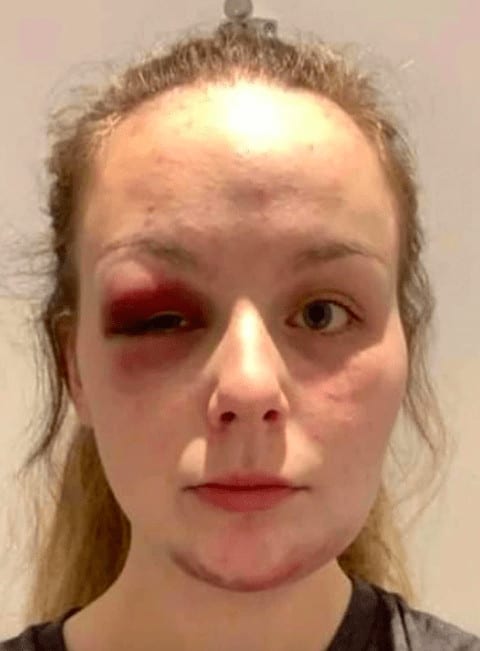Eleanor Williams, a young woman from Barrow-in-Furness, was recently sentenced to eight and a half years in prison for falsely claiming that she had been raped and trafficked. Her false allegations led to wrongful imprisonments and three attempted suicides, as well as widespread hysteria in her local area. Multiple innocent people were falsely accused, and some had the word “rapist” daubed on their homes. This is a stark reminder of the dangers of automatically believing all women who make allegations of abuse.
Williams’ first false accusation was against Cameron Bibby in 2017, who was arrested and remained under suspicion for four months. Later, she accused Jordan Trengove of rape and threatening her with a knife. Trengove spent two months in prison, shared a cell with a convicted sex offender, and was forced to live miles away from his family. Williams also accused Mohammed Ramzan of trafficking her to various locations from the age of 12. She met Oliver Gardner by chance at a train station and accused him of raping her and selling her to a grooming gang. Some of Williams’ victims, like Gardner, attempted suicide.
In May 2020, Williams wrote a post on Facebook claiming that she had been abducted, beaten, and raped by a grooming gang. This post went viral, leading to a “Justice for Ellie” campaign and involvement from celebrities like Rachel Riley and Holly Hagan. Maggie Oliver, a former detective constable with the Greater Manchester Police who was involved in the Rochdale grooming-gangs scandal, also shared Williams’ claims on social media. However, local police found no evidence of grooming-gang activity in Barrow.
While cases like Williams’ are rare, they are a reminder that women are not always truthful, and automatically believing accusations disregards the principle of innocent until proven guilty. The tragedy of truthful claims of abuse being disregarded or disbelieved cannot be solved by simply believing all women. The consequences of this approach are clear in the case of Williams’ victims.

